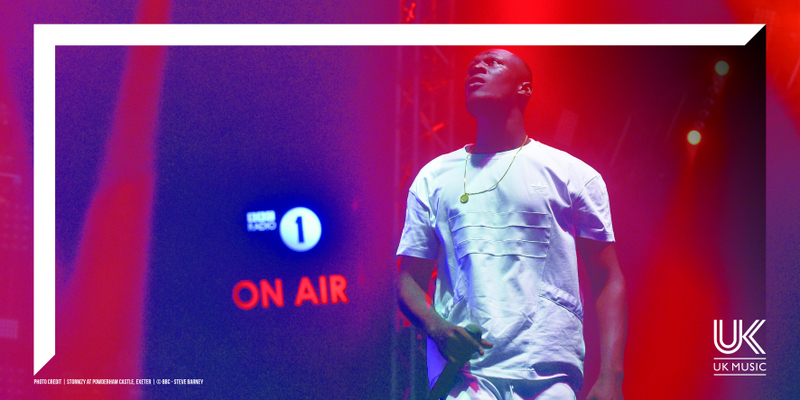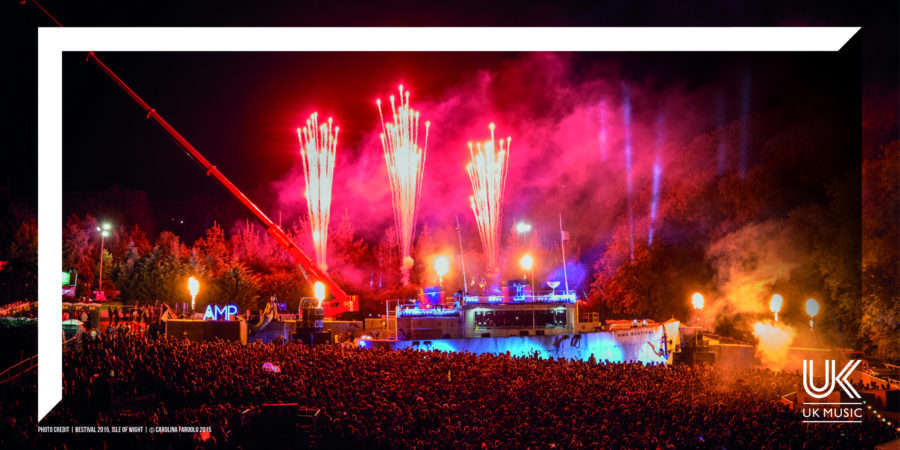17th October 2016
UK music: a global leader

Great Britain is a global frontrunner in almost every genre of music. In rock, pop, classical, opera, folk, grime, punk, electronica, techno, blues, country, hip hop, jazz, reggae, R&B, alternative and heavy metal, the UK tops the charts. The language of British music crosses boundaries and borders. Our music creates emotional ties asking very little in return. It is a pure form of communication with evocative and expressive powers. It communicates at the deepest levels of consciousness. Music is a universal language requiring no translation or explanation.

That the British excel at music is due in part to being an outward looking country, that has welcomed people from Commonwealth countries and beyond. Musical expertise from all over the world is adopted to create new sounds. The famous British weather plays its part as does the BBC which offers a unique pre-commercial platform to emerging music talent.
The role of the BBC in providing indispensable rungs for artists to be discovered and step up to a commercial footing cannot be overstated. In June 2007, the then 19-year-old Adele gave her first televised appearance on BBC Two’s late-night Later… with Jools Holland. She was all but unknown and was booked by Jools on the strength of a two-track demo tape. Sandwiched between Paul McCartney and Björk, she perched on a stool and performed a stunning solo Daydreamer that earned a standing ovation.
Last year, Adele’s “25” was the biggest selling album in the world. Five of the top ten global albums were by British artists – Adele, Ed Sheeran, Sam Smith, One Direction and Coldplay. Mark Ronson’s Uptown Funk was the most downloaded track in the USA with over 5.5 million sales.
With talent, business acumen and the agility to adapt to fast-changing market conditions our music is served on tap to a very thirsty world.
The lyrics, compositions and recordings of the best British artists and creators over the centuries were showcased at the Olympic opening ceremony in London in 2012. Lasting nearly four hours, the opening of the London Olympics attracted an estimated worldwide television audience of 900 million becoming the most-viewed Olympic opening ceremony in both the UK and US.
Tim Berners-Lee spelled out in LED lights around the Olympic stadium: “Music connects us with each other and with the most important moments in our lives. One of the things that makes those connections possible is the World Wide Web”.
The digital revolution has facilitated British music being integrated into the stream of daily global life. The reach offered by the WWB coupled with promotion through events such as the Olympics has led to a deep and permanent export footprint. More than 50% of the UK Music markets’ total £4.1bn GVA is accounted for in exports. There was an 18% increase in exports in recorded music since the Olympic year while streaming revenues increased sharply by 49% last year.
The appetite for live music and a need for physical closeness to the music we love also continues to grow. The UK is home to the three biggest selling arenas in the world. Almost four million tickets were sold at the London O2 Arena, Manchester Arena and SSE Hydro, Glasgow overtaking the likes of Madison Square Garden Arena in New York. In 2015, overseas music tourism to Great Britain increased by 16%.
For a country one-fifth of the size of North America, taking such a hold of the world music market is more than good business. There is something inherent in our music that attracts global audiences. The lyrics, the context, the nature of musical communication bonds people and creates fans who find their community in a muddy field or a pub. Music creates a primal meeting of similar-minded people. The political world searches desperately for something the UK music industry does on a daily basis: to engage tens of millions of young people in emotion and outlook.
Overseas tourism is particularly potent when fans choose the UK as their destination for a festival or gig. For visitors to Great Britain, music offers both experiences and those rare goose-bump moments that will continue to attract fans as tourists for years to come. The legendary Abbey Road recording studios in North-West London attracts an annual pilgrimage from 300,000 music fans to walk across its zebra crossing, making it one of our capital’s most loved music destinations. It is so regarded that the zebra crossing has been given Grade II listed status. Music has turned a slab of tarmac into a heritage site.
The music from our small islands is a passion and a force. Yes, it creates a compelling economic story for policy makers, but the power of our music is far greater than the numbers on any balance sheet. British music is a unifying social force. Its reach, crossing borders both physical and emotional, is profound and the language it uses is not national, it is global.
Friedrich Nietzsche said: “Music unites all qualities: it can exalt us, divert us, cheer us up, or break the hardest of hearts with the softest of its melancholy tones. But its principal task is to lead our thoughts to higher things, to elevate, even to make us tremble.”
Join me in celebrating Global Britain’s music this week and consider a language that gives us a unique relationship with the world. We should all be proud of the music that defines us as a nation.

Thank You. . . .Good One
nice. really happy to know this. Thanks so much for sharing